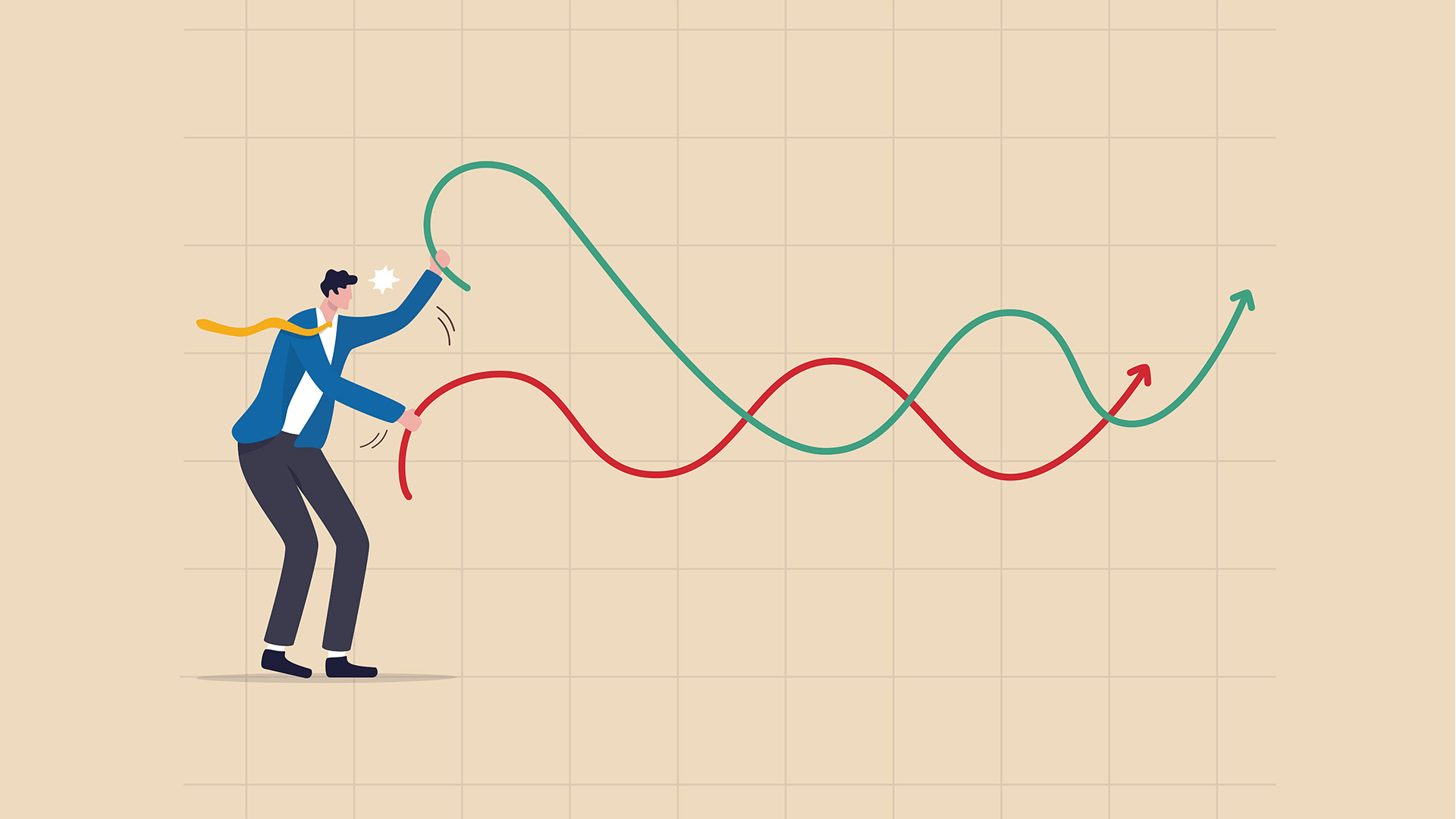Now here’s some stats the market didn’t see coming.
An unexpected surge in imports of consumer goods and fuels such as petrol to record highs lopped more than $4 billion off Australia’s trade surplus in February from January’s near record $11.8 billion.
The slide in the size of the surplus was a surprise to the market which had been forecasting a figure of around $12 billion.
January’s surplus was cut from $12.891 billion to $11.78 billion in a significant revision.
Despite a small rise (just $120 million) in the value of exports to a new all time high of $48.769 billion, the 12% surge in imports took the total above $41 billion for the first time.
That produced the smallest trade surplus since March last year, largely due to the surge in imports.
Consumption goods imports jumped 17% in the month, or more than $1.6 billion from February 2021 to an all-time high of $11.5 billion.
The value of imported fuels and lubricants (mostly oil and petrol) also hit a record in February – $4.142 billion, up more than $1.8 billion or 80% from the figure for February, 2021 of $2.2 billion.
Exports remained al all-time highs thanks to solid prices for coal, iron ore (though volumes of iron ore fell) and LNG plus a rise in exports of non-monetary gold and cereal grains and cereal preparations.
The March data in a month’s time will see the value of exports surge past the $50 billion mark for the first time ever thanks to the dramatic rise in oil, coal, LNG, iron ore and cereal prices in the wake of the Russian invasion of Ukraine.
February’s imports of goods and services rose $4.449 billion (12%) to $41.312 billion, driven by increases in imports of Processed industrial supplies, fuels and lubricants.
For the first two months of the year, the trade surplus increased to $19.24 billion from $18.52 billion.













